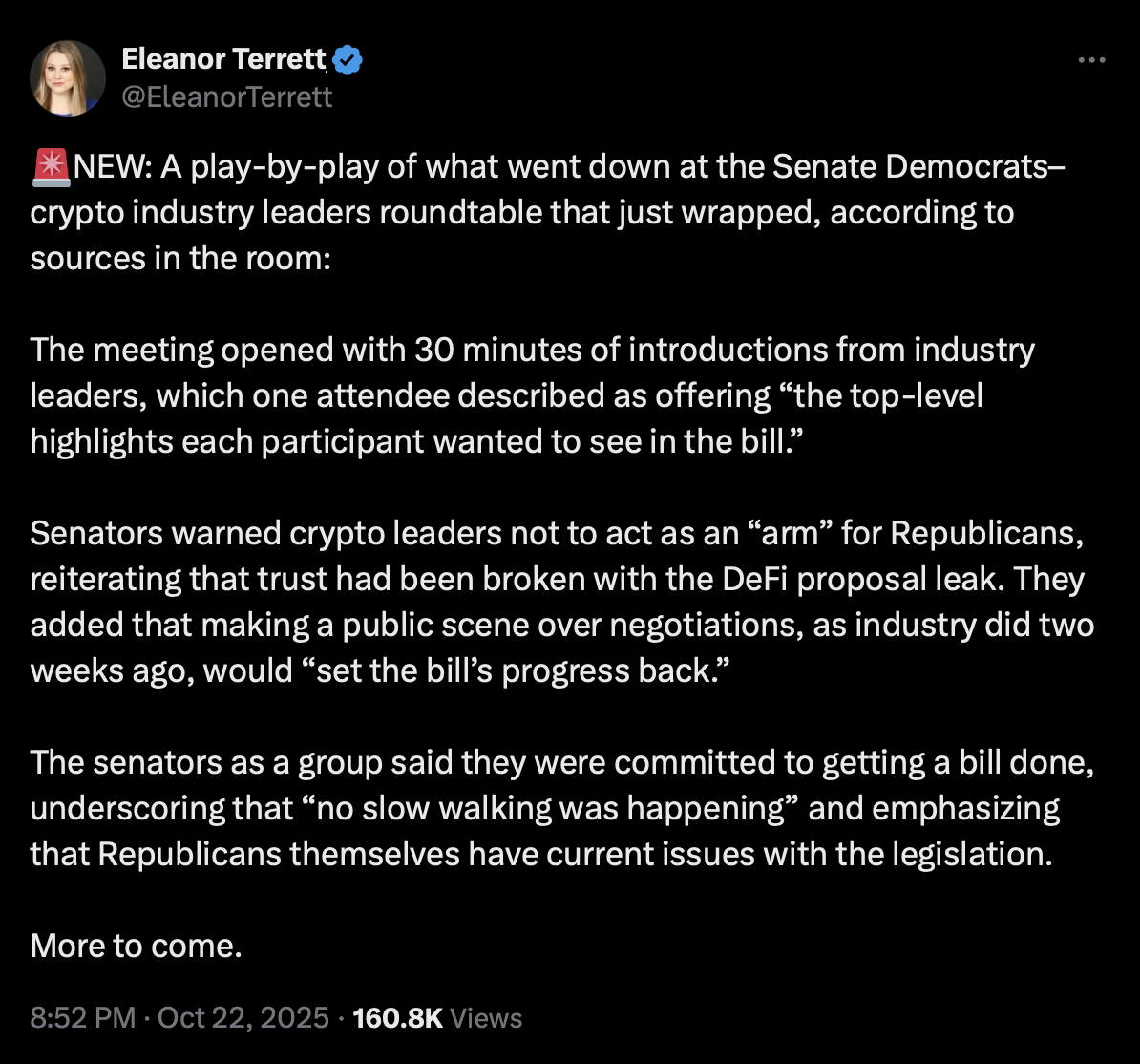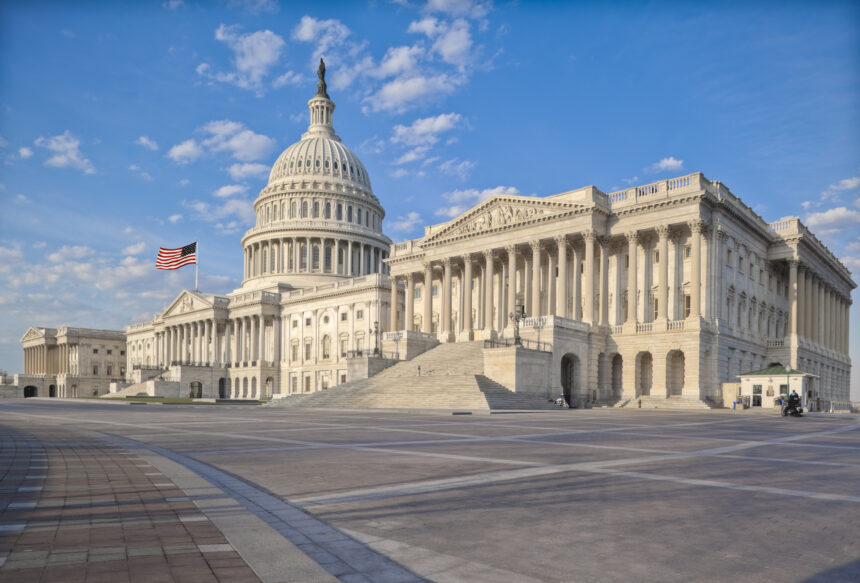Bank Secrecy Act Reporting Thresholds Raised in New Bill
Background on the STREAMLINE Act
A group of US senators, led by Senate Banking Committee Chair Tim Scott (R-SC), has introduced new legislation to update the Bank Secrecy Act reporting thresholds. The bill, named the STREAMLINE Act, aims to modernize the foundation of the country’s Anti-Money Laundering (AML) framework, which was established in 1970. Under current law, banks, credit unions, and similar financial institutions are required to help federal authorities detect and prevent financial crimes including money laundering, terrorist financing, and related illicit activities.
The Bank Secrecy Act obliges institutions to file Currency Transaction Reports (CTRs) for cash transactions exceeding $10,000 and Suspicious Activity Reports (SARs) for transactions involving amounts ranging from $2,000 to $5,000, depending on suspicion or evidence of criminal activity. This legislative update would raise those Bank Secrecy Act reporting thresholds for the first time in over five decades.
Key Provisions and Industry Reaction
The STREAMLINE Act proposes to increase the CTR threshold to $30,000, up from $10,000. SAR thresholds would also rise—from $2,000 to $3,000 for certain suspicious activities, and from $5,000 to $10,000 for others. To ensure the thresholds remain current, the new bill mandates the Treasury Department to review and adjust them for inflation every five years.
Senator Pete Ricketts, a supporting Republican, stated, “After more than 50 years of inflation, the Bank Secrecy Act’s reporting thresholds are badly outdated. They must be modernized.” He further commented that the bill “cuts red tape for banks and credit unions,” while ensuring that law enforcement agencies retain “the tools they need to do their job,” according to Cointelegraph.
US-based cryptocurrency exchanges, including notable firms such as Coinbase and Kraken, are also subject to the Bank Secrecy Act. These changes would potentially affect their compliance requirements as well, demonstrating the broad impact of the updated Bank Secrecy Act reporting thresholds.
Broader Regulatory Context and Market Impact
The move to update AML rules comes during heightened engagement between lawmakers and both financial and crypto industry groups. This week, fintech and crypto trade associations wrote to the US Consumer Financial Protection Bureau (CFPB), advocating for an open banking rule that would establish individuals—not banks—as owners of their financial data. Open banking supports data-sharing via API technology, serving as a bridge between traditional financial institutions, decentralized finance (DeFi), crypto payment networks, and digital banking.
Simultaneously, Senate Democrats—including Senator Kirsten Gillibrand—held discussions with representatives from major crypto firms such as Circle, Ripple, Kraken, Coinbase, and Chainlink. The stakeholders discussed the Senate’s digital assets market structure bill, which aims to create a unified federal framework for digital asset regulation. According to journalist Eleanor Terrett, “the senators as a group said they were committed to getting a bill done.” However, due to the ongoing US government shutdown, a vote on the market structure bill is not expected until government operations resume.

What’s Next for the Bank Secrecy Act and Crypto Regulation
If passed, the STREAMLINE Act would represent the first major update to Bank Secrecy Act reporting thresholds in over 50 years. The proposed increase in thresholds aims to reduce the compliance burden on financial institutions while maintaining strong AML controls.
The legislative effort arrives as lawmakers work on broader financial regulation, with ongoing Senate talks involving both traditional banks and the cryptocurrency sector. Moving forward, industry observers will watch for further developments—including the resolution of the government shutdown, which is delaying key votes on financial and digital asset regulation.
For updates and analysis on cryptocurrency regulation, visit our cryptocurrency news section.



















